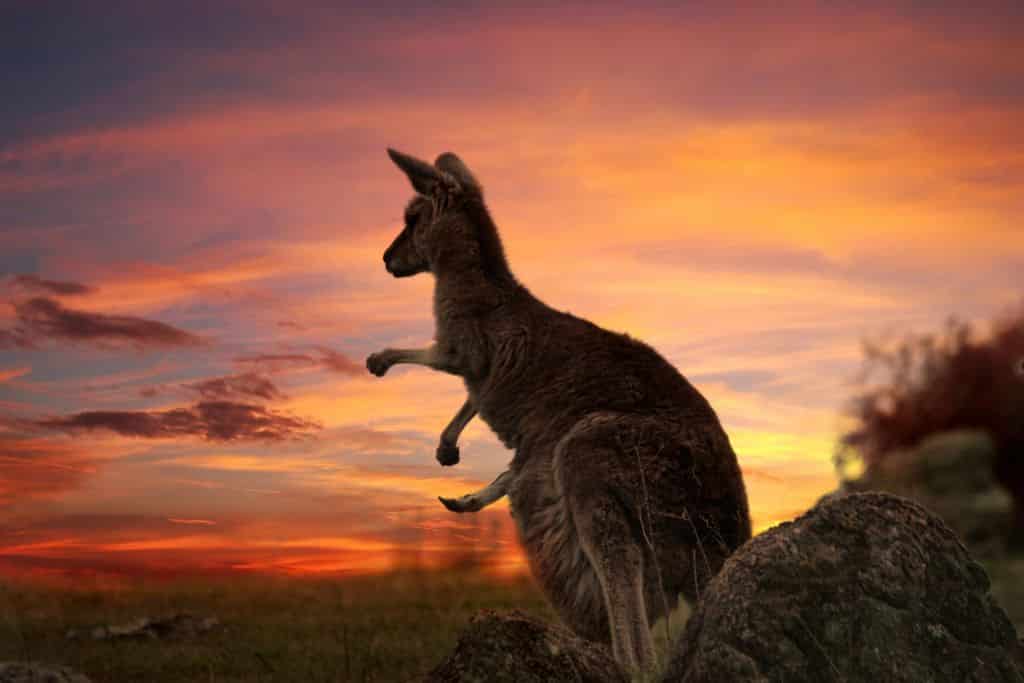Australia’s wildlife has experienced a sharp decline and most of the continent’s ecosystems are rapidly deteriorating or even disappearing, a five-year report on the state of the environment released in July found.
—
Australia’s ecosystems are collapsing due to climate change, invasive species, pollution, and other human interventions, the latest five-year national environmental scorecard found.
In recent years, ecosystems in the continent have rapidly degraded, with at least 19 now showing signs of collapse or near collapse. Australia’s wildlife has also experienced unprecedented losses, with 202 new animal and plant species making the list of threatened species between 2016 and 2021.
You Might Also Like: 10 of the Most Endangered Species in Australia
Often described as a mega-diverse country given its wide variety of landscapes and the high number of endemic species, scientists found that climate change and human-caused habitat destruction have led to the highest loss rate of mammal species among any other continent and one of the highest rates of species decline in the developed world.
In the last five years, Australia has experienced record-breaking droughts, bushfires, and floods. The intensity and frequency of these extreme weather events are unprecedented and are set to further rise with increasing global warming, not just in Australia but all over the world, as the latest IPCC assessment warned.
The latest State of the Environment report is a stark reminder that climate change is rapidly destroying the natural world, which scientists warn holds the key to human wellbeing and survival.
However, human activities like mining and deforestation have also played a huge role in the deterioration of the continent’s ecosystems, only exacerbating the issue. According to the report, 6.1 million hectares of primary native forest have been cleared since 1990 and especially over the past five years, with land clearing activities mainly affecting Queensland and New South Wales. As of today, almost half the country’s land has been converted and is now used for grazing.
The report also highlighted the poor conditions of Australia’s waterbodies, which have seen a 90% decline in native fish populations in the past 150 years. Moreover, ocean acidification and marine heatwaves have caused mass coral bleaching events affecting particularly the Great Barrier Reef, which covers about 350,000 square kilometres, an area larger than the UK and Ireland combined. Coral reefs play a key role in ocean habitats and the ecosystem for marine life. Besides containing one of the most biodiverse ecosystems on earth, they protect coastlines from the damaging effects of wave action and tropical storms, are a source of nitrogen and other nutrients for marine food chains, assist in nitrogen and carbon fixing, and are a source of income for millions of people around the world.
You Might Also Like: How Can The Great Barrier Reef be Saved?
Environment Minister Tanya Plibersek – who released the report at an address to the National Press Club – described it as a “shocking document” that told “a story of crisis and decline in Australia’s environment, and a decade of government inaction and wilful ignorance,” Reuters reported.
Scientists completed the study last year but the Morrison government – often criticised for downplaying climate change – held it back for months until after the federal election. The report claims that not nearly enough funding was allocated to environmental protection in recent years and there has been a lack of coordination across jurisdictions to properly tackle the issues.
Leading scientists are now calling on the newly elected government to urgently ramp up emission reduction efforts and take concrete steps to protect Australia’s wildlife and ecosystems.
You Might Also Like: Newly Elected Australia Government Puts Climate Change at the Forefront


















